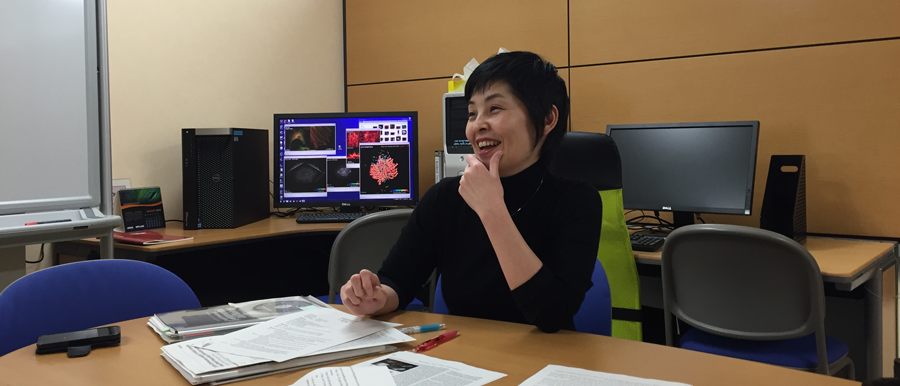Latest research animations
Self-assembly of spider silk
This gut microbe might protect against diabetes and reduce insulin resistance
NEW: One-way hydrogel guides motion of tiny worms!
Latest Posts
No Results Found
The page you requested could not be found. Try refining your search, or use the navigation above to locate the post.
No Results Found
The page you requested could not be found. Try refining your search, or use the navigation above to locate the post.
7

From evolutionary morphology to Godzilla
I recently spoke with RIKEN scientist Shigeru Kuratani about evolutionary morphology, sci-fi monsters, the genius of Alien, and more.
25

Award-winning 3D images of living cells
An interview with Yuko Kiyosue, discussing the 3D images of living cells that gained her and her colleagues a recent award.
13

Electrolithoautotrophs
Learn what electrolithoautotrophs are and how the scientists proved that A. ferrooxidans can use electric potential to fuel growth.
5

Element 113: “discovery” or not?
Recently four new synthetic elements were added to the periodic table. We asked Dr. Morita whether he thinks his team “discovered” or “created” element 113.
27

Black smokers and electroecosystems
Black smokers are deep-sea hydrothermal vents found in the ocean. Now scientists believe that they may host electroecosystems in which the primary producers use electric currents as their energy source.
11

Science communication symposium
Friday I participated in a small symposium that focused on science communication (for institutions in Japan). We discussed using social media as a means to self-publish wow! and amazing! research findings. Here are some of my thoughts about how useful this plays out in Japan.
